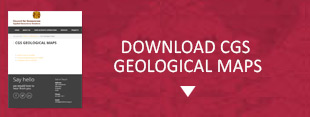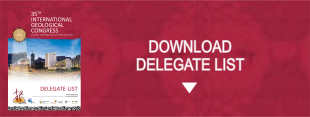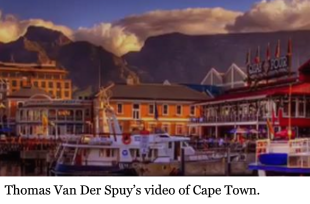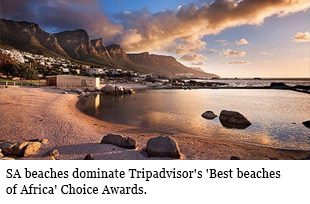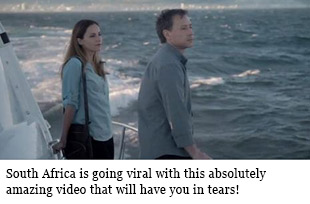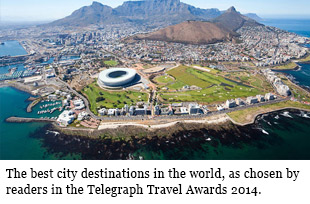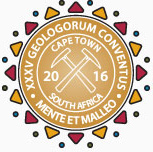
35TH INTERNATIONAL GEOLOGICAL CONGRESS
27 AUGUST - 4 SEPTEMBER 2016 | CAPE TOWN, SOUTH AFRICA
Sponsors
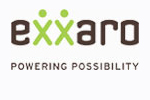




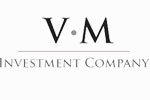
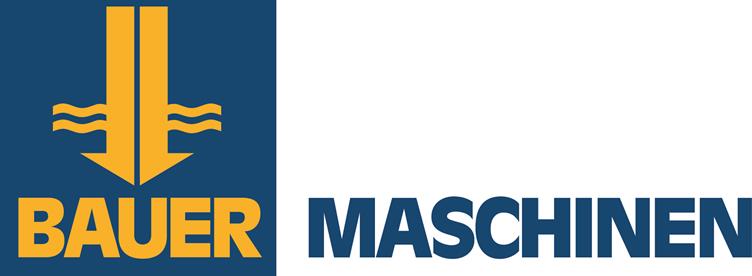








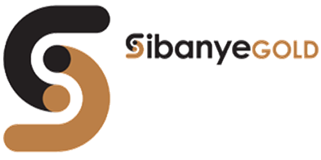
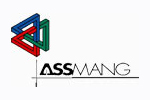
35 IGC SAGPGF




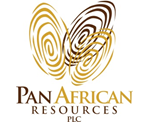
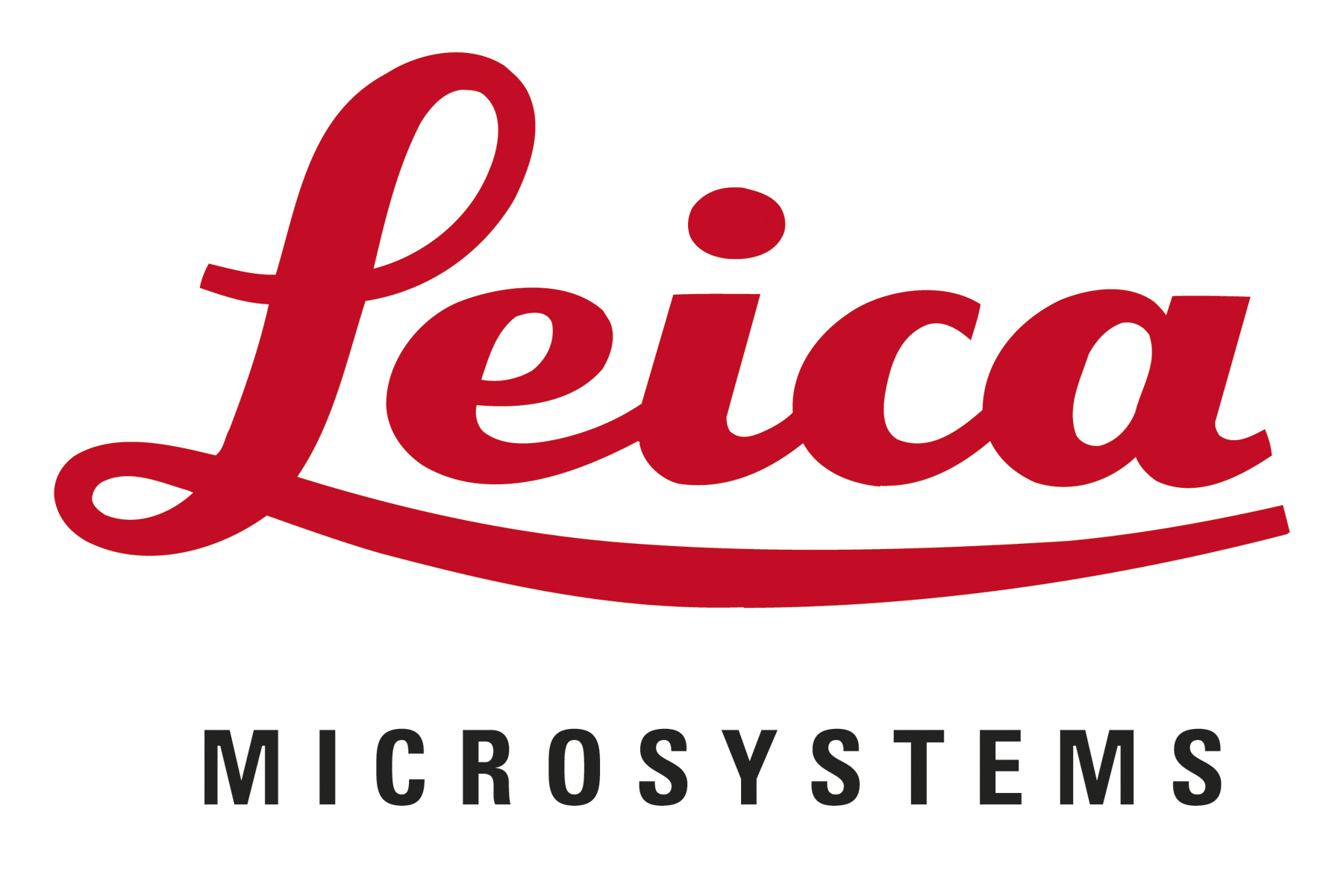
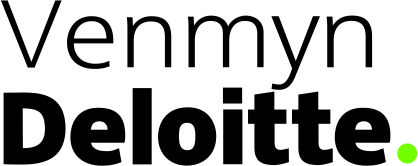
35TH INTERNATIONAL GEOLOGICAL CONGRESS
27 AUGUST - 4 SEPTEMBER 2016 | CAPE TOWN, SOUTH AFRICA
My IGC
Symposium Details
| Title | Description | Convenors |
|---|---|---|
| GeoEducation for Future Earth and Sustainable Development: Forum for G20+ Leading Institutions of Earth Science |
Sustainable development is a process for meeting human development goals while sustaining the ability of natural systems to continue to provide the natural resources and ecosystem services upon which the economy andsociety depend. Despite the international agenda towards sustainable development goals, unbalanced development in many regions still exists. Development relies on the use of natural resources by large numbers of people from both developing and developed countries . The Earth science community has a strong role to play in fostering the human capacity and encouraging research in order to use resources in a sustainable way to meet the demands of a growing global population. But what kind of earth scientists do we need? How to provide relevant training in different parts of the world especially in developing countries? International and national leading institutions have begun discussions on these topics. As the newest Initiative “Future Earth” led by ICSU aims to bring together institutions and experts and in partnership with existing programmes on global environmental change, coordinate new, interdisciplinary approaches to research on three themes: i) Dynamic Planet, ii) Global Sustainable Development and iii) Transformations towards Sustainability. At the same time, IUGS has launched the new initiative “Future Resource” with the vision “Resource future Generations”, more related to earth sciences. Based on requests from the African National Committees of the International Year of Planet Earth, the Director General of UNESCO announced a new Earth Science Education Initiative for Africa in 2008. This Initiative, cognizant of the challenge of isolation, has launched the Africa Network of Earth Science Institutions (ANESI) which, at its core, is developing a database earth sciences institutions and experts in Africa in cooperation with the Geological Society of Africa (GSAf). In addition, the International University Consortium in Earth Science (IUCES) was established in 2013 consisting of 11 universities with Earth Science Major and a Secretariat hosted at the China University of Earth Science (Wuhan). G20+ here stands for “Geology” 20+, as the first Forum in IGC for G20 nations leading institutions of Earth Sciences. We will invite leaders, presidents, and directors from several universes, institutions, ministriess, companies and other stakeholders to work together to share with us their ideas of:
Engage relevant stakeholders from G20 nations represents at this stage of discussion a target of the session for the international influence that these stakeholders may have in formulate global coordinate actions. At the same time “plus” stands to remember that the discussion is always open to other countries and all global earth science community. |
Meng WANG, Aberra Mogessie, David Govoni, Sarah Gaines, Wei WANG, Jesus Martinez-Frias and Silvia Peppoloni |
 Field trips
Field trips  Sponsorship & expo
Sponsorship & expo  Registration
Registration Tours
Tours  Promotion
Promotion 

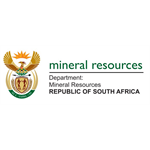








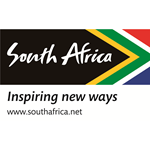



 Conference Programme
Conference Programme  Field trips
Field trips  Sponsorship & expo
Sponsorship & expo  Volunteer
Volunteer  GeoHost
GeoHost  Registration
Registration Tours
Tours  Promotion
Promotion  Publications
Publications


